- February 25, 2026
SCIENCE
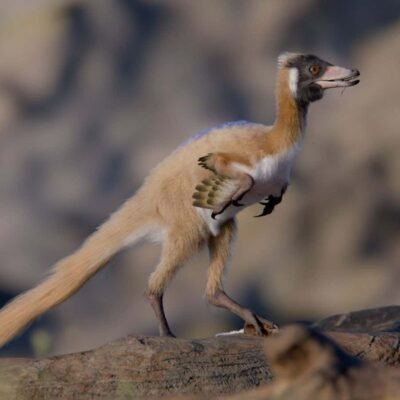
Tiny predatory dinosaur weighed less than a chicken
- By LouisianaDigitalNews.com
- . February 25, 2026
Reconstruction of Alnashetri cerropoliciensis Gabriel Díaz Yantén, Universidad Nacional de Río Negro. An almost-complete skeleton of a dinosaur that weighed

Fish-based pet food may expose cats and dogs to forever chemicals
- By LouisianaDigitalNews.com
- . February 22, 2026
Some pet foods contain potentially harmful PFAS chemicals Cris Cantón/Getty Images Many pet foods – especially those based on fish
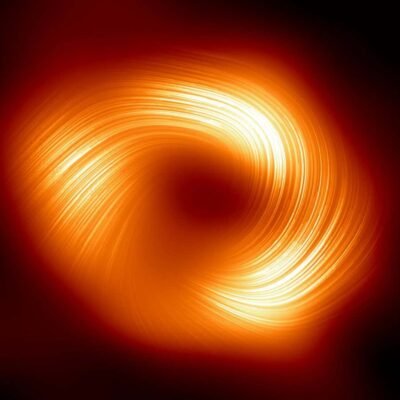
Is our galaxy’s black hole actually made of dark matter?
- By LouisianaDigitalNews.com
- . February 19, 2026
An image of the supermassive black hole Sagittarius A* in polarised light, captured by the Event Horizon Telescope EHT Collaboration
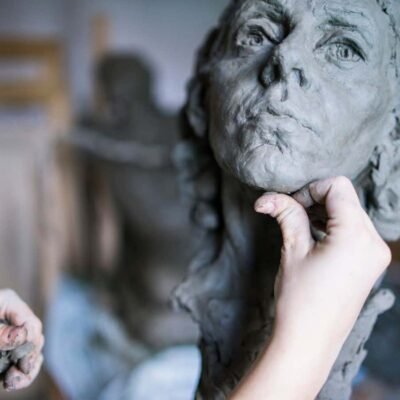
Humans are the only primates with a chin – now we finally know why
- By LouisianaDigitalNews.com
- . February 16, 2026
The human chin is an evolutionary oddity Westend61/Getty Images Humans are the only primates with a chin, leaving biologists to
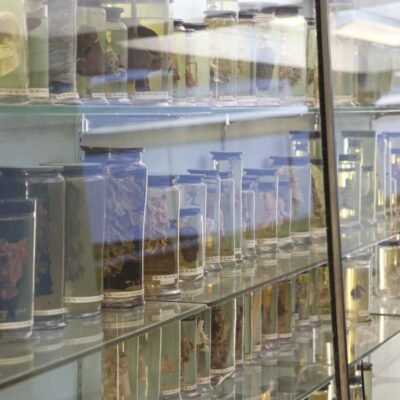
World’s oldest cold virus found in 18th-century woman’s lungs
- By LouisianaDigitalNews.com
- . February 13, 2026
Historic anatomical preparations from the late 1700s in the Hunterian Anatomy Museum Anatomy Museum © The Hunterian, University of Glasgow

Old EV batteries could meet most of China’s energy storage needs
- By LouisianaDigitalNews.com
- . February 10, 2026
A vehicle battery factory in Guangxi, China Costfoto/NurPhoto via Getty Images Used electric vehicle batteries could meet two-thirds of China’s

Weakening ice shelf has caused crucial Antarctic glacier to accelerate
- By LouisianaDigitalNews.com
- . February 7, 2026
Giant icebergs have been breaking off the edge of Pine Island ice shelf NASA/Brooke Medley A large and fast-melting glacier

Moltbook: The social network for AI looks disturbing, but it’s not what you think
- By LouisianaDigitalNews.com
- . February 4, 2026
Moltbook is a social network where only AIs can post Cheng Xin/Getty Images A social network solely for AI –

The best new popular science books of February 2026 include titles by Maggie Aderin and Michael Pollan
- By LouisianaDigitalNews.com
- . February 1, 2026
Space scientist Maggie Aderin has a new book out this month Steven May / Alamy Stock Photo It’s nowhere near
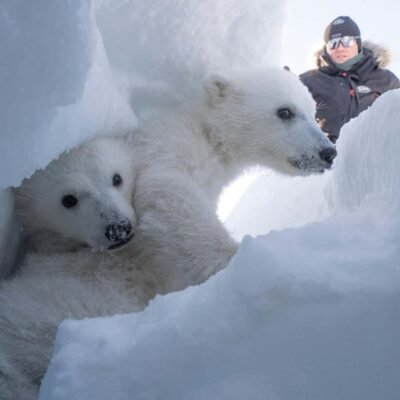
Polar bears are getting fatter in the fastest-warming place on Earth
- By LouisianaDigitalNews.com
- . January 29, 2026
Researchers tracked the body condition of polar bears in Svalbard Jon Aars, Norsk Polarinstitutt Polar bears have been getting fatter
